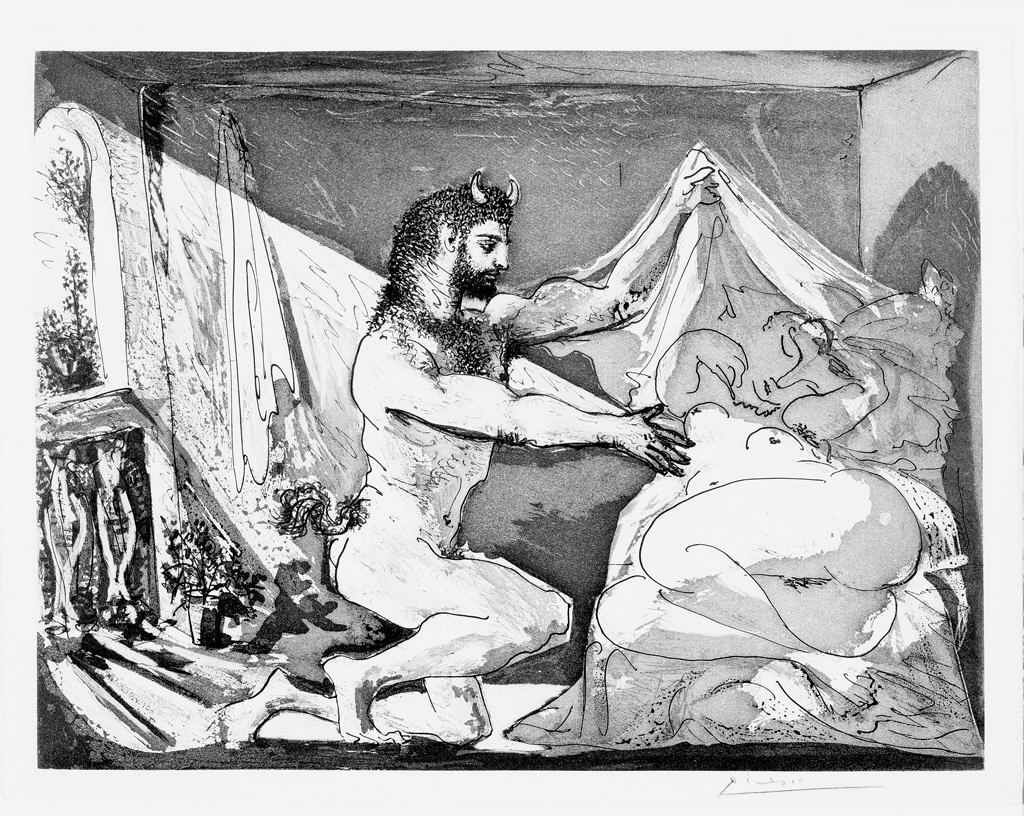About two weeks ago the literary editor of Haaretz stupidly wrote a column justifying the predatory sexual activity of a popular Israeli singer, saying that artists must have freedom to indulge their desires, even if some women are hurt by it, in order to create. The columnist was roundly, nay savagely criticized for his remarks, and the following week he wrote a contrite column, announcing that he would no longer be writing any columns - thus putting an end to what had turned out to be a rather provocative career, even before he said that artists had a right to indulge their instincts, a right denied to ordinary mortals.
 Obviously, he said the wrong thing in the wrong way.
Obviously, he said the wrong thing in the wrong way.In our society, we do not agree that anyone's status entitles them to act criminally - not artists, athletes, religious leaders, wealthy people, or politicians. We also don't condone immoral (but not criminal) behavior on the part of prominent people: telling lies, betraying friendship, exploiting influence, excessive egotism, and the like. We also tend not to accept the excuses of people who abuse drugs and alcohol and claim that it sustains their art.
But what about the case the columnist was writing about? Apparently a certain popular singer was exploiting the sex appeal of his popularity to have sex with as many female fans as he could - not minors. He isn't accused of raping the women or abusing them, though he is accused of hurting their feelings, leaving them with the feeling of having been used (I gather).
A lot of male performers with strong sexual appetites - athletes, actors, musicians, preachers - apparently find it easy to persuade women to gratify those appetites. Assuming that they are not betraying a spouse's trust, assuming that the women who have sex with them are consenting adults, and assuming that the women are not dependent on the performer in some way (like an aspiring actress sleeping with a director in hopes of getting a part in his movie), do these men have a moral obligation to abstain?
We may not admire that kind of behavior, and we may think the less, for example, of Jean-Paul Sartre because of his alleged sexual predations (but less, of course, than we condemn Heidegger's Nazism), but our judgment of that behavior ought to be no different than our judgment of similar behavior on the part of a person of no intellectual or artistic attainment.
But what about art that is or could be thought of as immoral? An artist whose personal behavior is otherwise exemplary might produce work that encourages violence, crime, or racism, for example. "I'm not advocating rape," he might say, "but my creative freedom requires me to write about rape as if I were a rapist."
In a sense, artistic expression is also behavior, and behavior is subject to moral judgment, but we do allow (and even expect) artists to stretch the limits of conventional morality in their art. So, are we forced to agree that we permit artists to behave immorally?
No comments:
Post a Comment